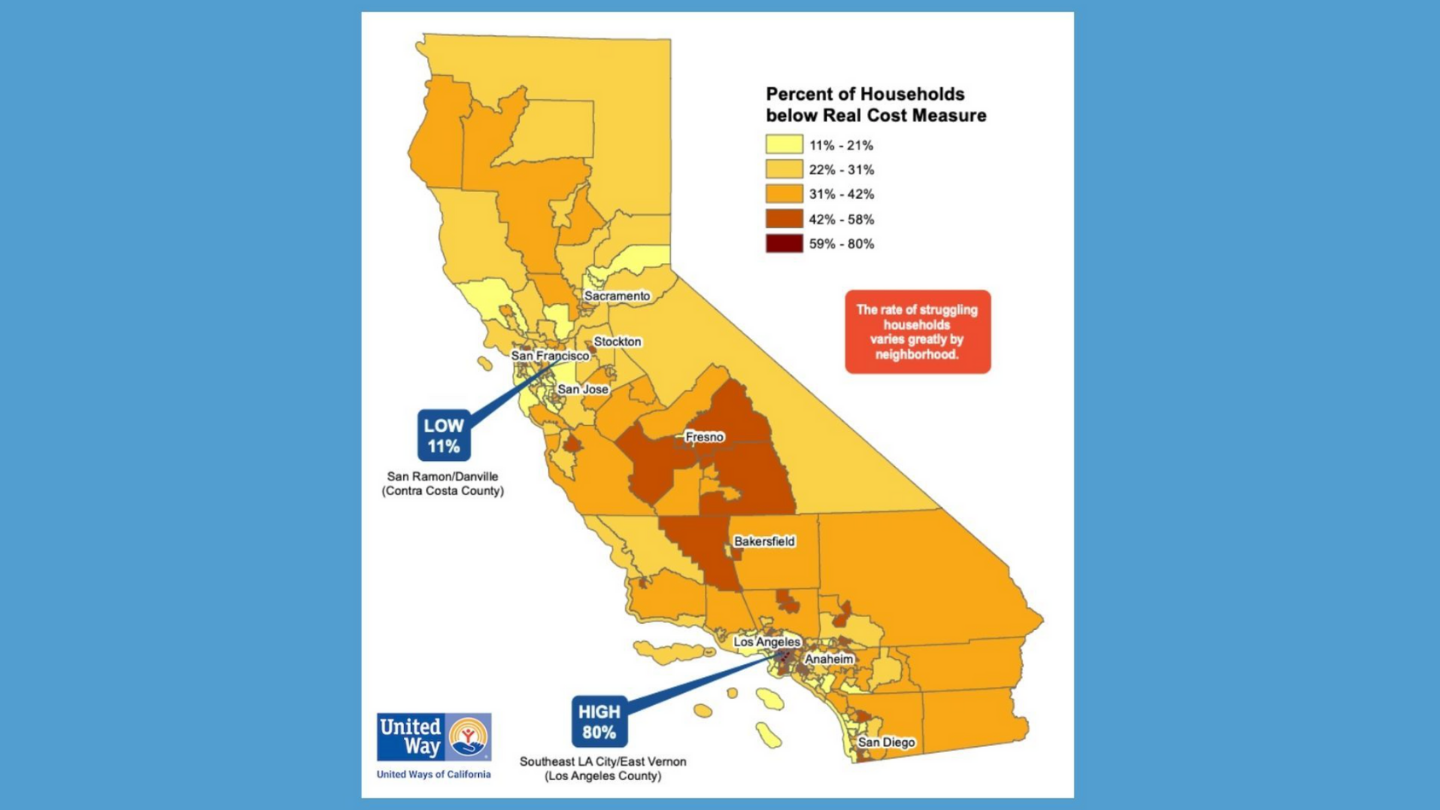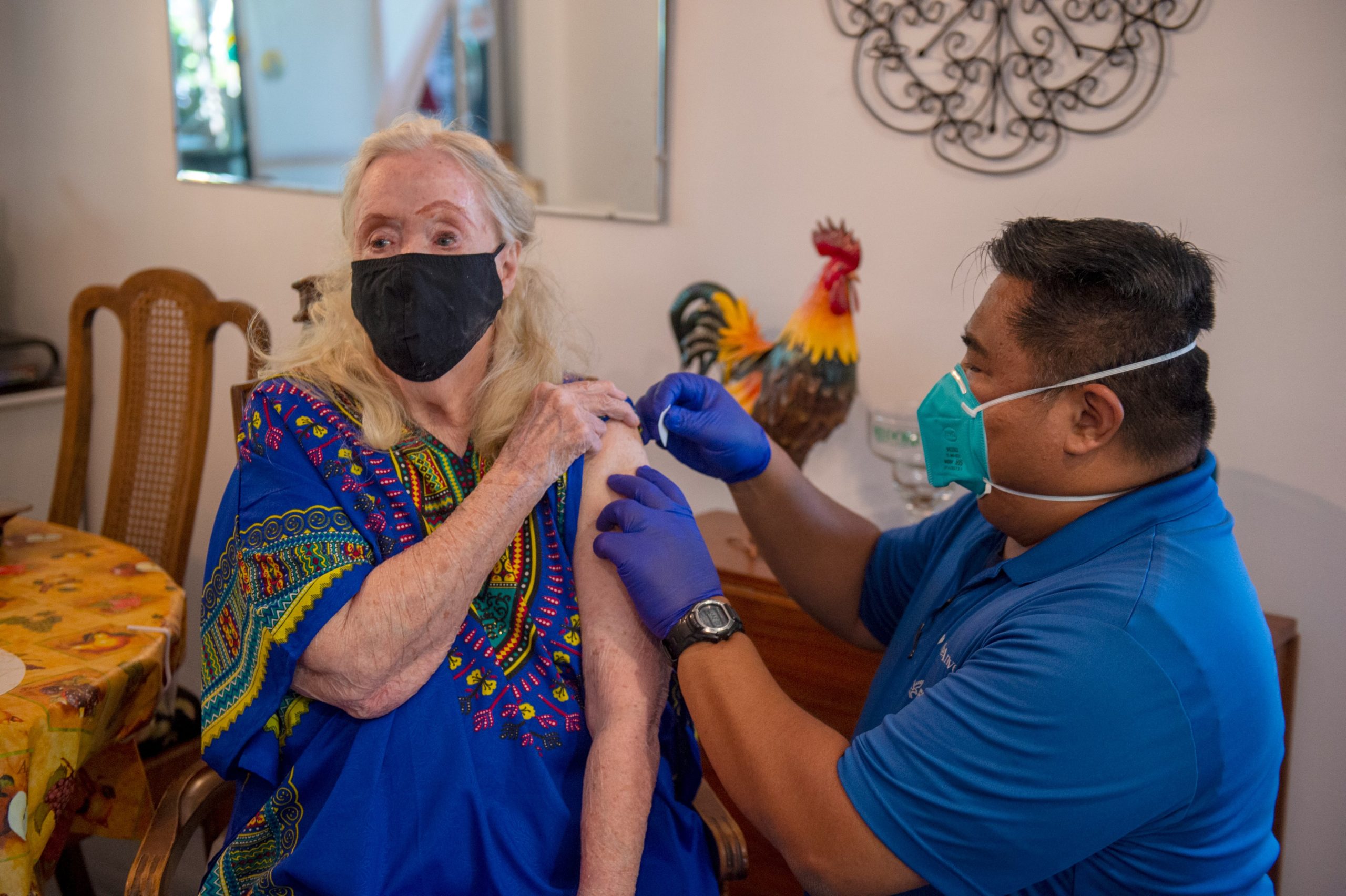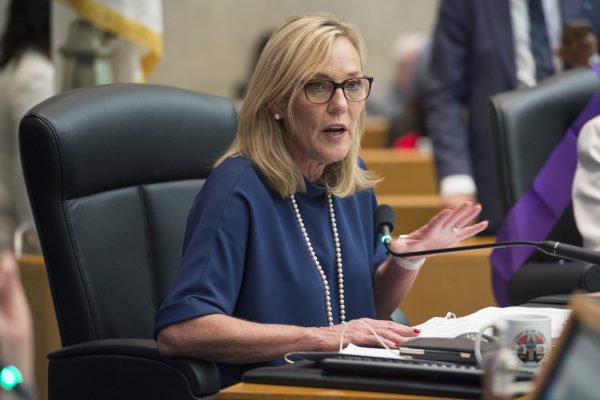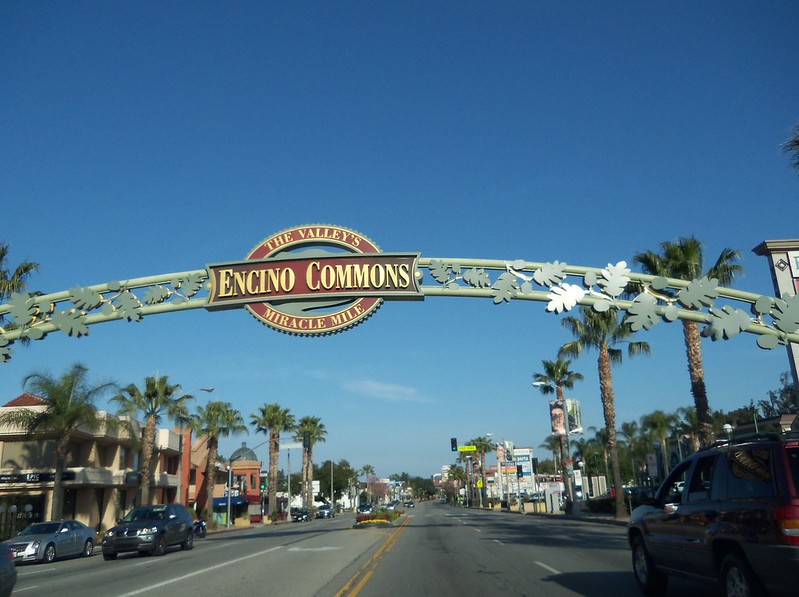A new United Ways of California study finds that nearly one in three California families are struggling to cover their basic needs.
The study, Struggling to Move Up: The Real Cost Measure in California 2021, defines which families struggle financially in California more accurately compared to the federal poverty level. It also emphasizes that current policy debates surrounding child care, housing costs, and family tax credits are more urgent than ever.
“This study shows that many more California working families struggle to meet living costs than official estimates, and identifies significant gaps between what it costs for families and their children to live with dignity and what they actually earn,” said Peter Manzo, President & CEO of United Ways of California. “This new perspective should be the yardstick by which we set our priorities, and the study is a wake-up call to local community partners, civic leaders, the business sector, and elected officials that so much more needs to be done to help families not just survive but actually thrive.”
The share of families that struggle financially is actually 250 percent higher in California than what is considered in the federal government’s measure, according to the study. This is the equivalent to 3.5 million families who are unable to meet basic needs, which is a situation affecting Latino and Black households at much higher rates than other communities.
The federal government uses an outdated formula for calculating poverty that fails to take into account how much rent, transportation, healthcare, and other basic needs cost in California, according to United Ways of California.
The study also has a few other key findings. According to the study, of the estimated 3.5 million households in California that fall below the Real Cost Measure, 97% have at least one working adult, nearly 4 in 10 households in California pay more than 30% of their income on housing, and 53% of households in California with children younger than six fall below the Real Cost Measure.
The study is based on the U.S. Census Bureau’s Community Survey data from 2014 through 2019. To learn more, visit https://www.unitedwaysca.org/realcost.







